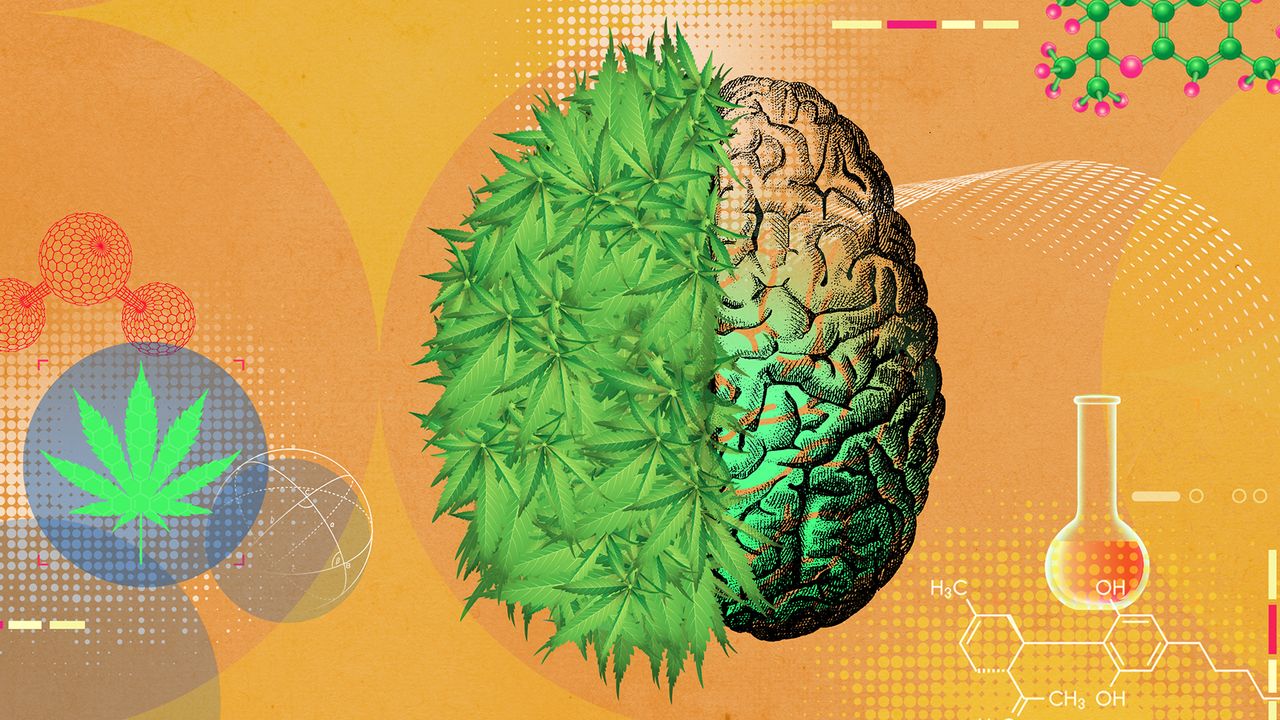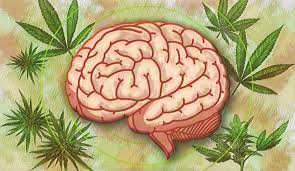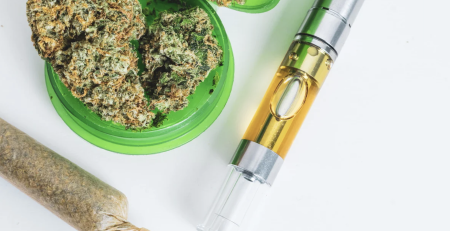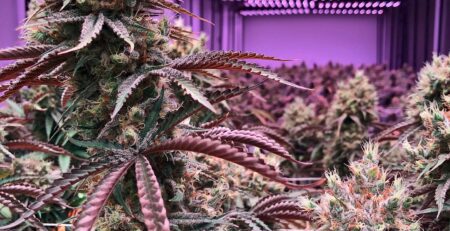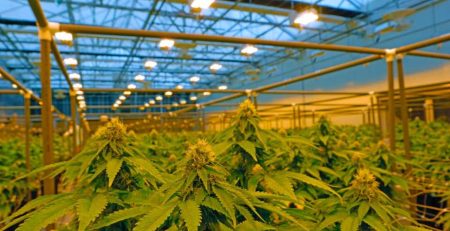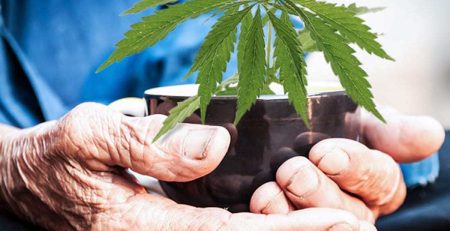Effects and Risks of Using THC for Anxiety
Introduction to THC and Anxiety
Tetrahydrocannabinol (THC), the primary psychoactive component of cannabis, has been increasingly discussed in the context of anxiety treatment. While some individuals report relief from anxiety symptoms through THC use, it’s crucial to understand both the potential benefits and risks associated with this compound. This article delves into the effects of THC on anxiety, examining scientific evidence, user experiences, and expert opinions to provide a comprehensive overview.
The Mechanism of THC in the Brain
THC interacts with the body’s endocannabinoid system (ECS), which plays a significant role in regulating mood, stress, and anxiety. The ECS comprises receptors, primarily CB1 and CB2 receptors, endogenous cannabinoids (endocannabinoids), and enzymes that synthesize and degrade these endocannabinoids. When THC binds to CB1 receptors in the brain, it influences the release of neurotransmitters, such as dopamine and serotonin, which are involved in mood regulation.
Short-Term Effects on Anxiety
Some studies and anecdotal reports suggest that THC can reduce anxiety in the short term. This effect is believed to be dose-dependent, where low to moderate doses might produce a calming effect. Users often report feelings of relaxation, improved mood, and a sense of well-being shortly after consuming THC.
Long-Term Effects on Anxiety
The long-term impact of THC on anxiety is less clear and may vary significantly among individuals. Some users develop tolerance to the anxiolytic effects of THC, requiring higher doses to achieve the same relief, which can lead to increased consumption and potential dependence. Additionally, chronic use of THC may lead to cognitive impairments and changes in brain structure, which could exacerbate anxiety symptoms over time.

Risks Associated with THC Use
While THC may offer short-term relief for some individuals, it also carries several risks that must be considered, particularly for those with pre-existing anxiety disorders.
Paradoxical Anxiety Response
One of the most significant risks is the potential for a paradoxical response, where THC actually increases anxiety rather than alleviating it. This effect is more likely at higher doses and can result in panic attacks, paranoia, and increased heart rate. Individuals with a predisposition to anxiety or panic disorders may be particularly vulnerable to these adverse effects.
Risk of Dependence and Withdrawal
Regular use of THC can lead to the development of cannabis use disorder (CUD), characterized by dependence and withdrawal symptoms. Withdrawal from THC can manifest as irritability, sleep disturbances, decreased appetite, and anxiety, which can make managing pre-existing anxiety disorders more challenging.
Cognitive and Psychological Impact
Long-term THC use has been associated with negative cognitive and psychological effects, including memory impairment, reduced attention span, and altered judgment. These cognitive changes can interfere with daily functioning and exacerbate anxiety symptoms. Additionally, some research suggests a link between chronic THC use and the development of psychotic disorders, particularly in individuals with a family history of such conditions.
Balancing Benefits and Risks
For those considering THC as a treatment for anxiety, it is essential to weigh the potential benefits against the risks. Consulting with a healthcare professional who is knowledgeable about cannabis and its effects on mental health is crucial. They can provide personalized advice and help develop a treatment plan that considers both pharmacological and non-pharmacological interventions.
Alternative Treatments for Anxiety
Several alternative treatments for anxiety have demonstrated efficacy and may be considered in conjunction with or instead of THC.
Cognitive-Behavioral Therapy (CBT)
CBT is a well-established, evidence-based therapy that helps individuals identify and change negative thought patterns and behaviors contributing to anxiety. It has been shown to be effective for various anxiety disorders and can provide long-lasting benefits without the risks associated with THC use.
Selective Serotonin Reuptake Inhibitors (SSRIs)
SSRIs are commonly prescribed medications for anxiety and depression. They work by increasing the levels of serotonin in the brain and have been shown to be effective for long-term management of anxiety disorders. Unlike THC, SSRIs do not carry a risk of dependence and are generally well-tolerated.
Lifestyle Modifications
Incorporating lifestyle changes such as regular exercise, mindfulness meditation, and a healthy diet can significantly impact anxiety levels. Exercise, in particular, has been shown to reduce anxiety by increasing the production of endorphins and improving overall mood.
Conclusion
While THC has the potential to provide short-term relief for anxiety symptoms, it is accompanied by several risks that can outweigh the benefits, particularly with long-term use. A thorough understanding of how THC interacts with the brain and its potential effects is essential for anyone considering it as a treatment option. Alternative treatments such as CBT, SSRIs, and lifestyle modifications offer safer and often more effective solutions for managing anxiety. Always consult with a healthcare professional to determine the most appropriate treatment plan tailored to individual needs and circumstances.

